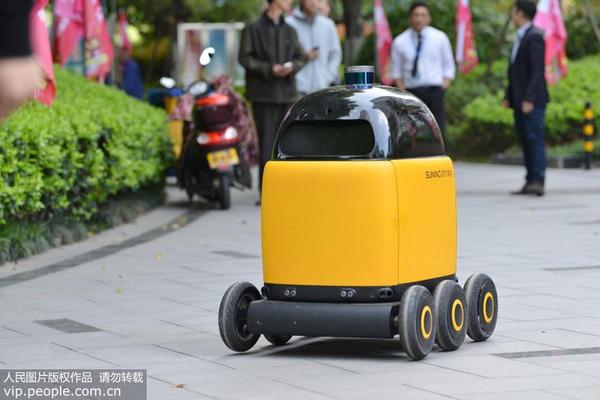【порнография гта 5】‘Benkyodo: The Last Manju Shop in J
The порнография гта 5Los Angeles premiere of “Benkyodo: The Last Manju Shop in J-Town” and a screening of “Atomic Café: The Noisiest Corner in J-Town” will take place on Sunday, Sept. 10, from 2 to 3:30 p.m. at the Japanese American National Museum’s Tateuchi Democracy Forum, 100 N. Central Ave. in Little Tokyo.
Note: Tickets to this program are sold out. Click the following link to sign up for the waitlist and you will be notified if space becomes available. https://docs.google.com/forms/d/e/1FAIpQLSdcDhu8Ez5qF_lTkdQOHQo2p-o0m3Wts5lsb3cw78V0t_qdCg/viewform
Akira Boch and Tadashi Nakamura, the former and current directors of JANM’s Frank H. Watase Media Arts Center, directed these two short documentaries that explore themes of gentrification, displacement, and community power with humor and heart.
Nakamura will be joined by Nancy Sekizawa (“Atomic Nancy”) and Eryn Kimura (producer, “Benkyodo: The Last Manju Shop in J-Town”) in a conversation moderated by Sean Miura (producer, Tuesday Night Project).
General: $16; students/seniors: $9; members: free. Includes same-day general admission to JANM.

“Benkyodo: The Last Manjnu Shop in J-Town.”Ricky and Bobby Okamura, the owners of Benkyodo mochi shop, made the difficult decision to close their family business. The Japanese pastry shop, a landmark for Japanese Americans and Asian Americans in the Bay Area, was one of two mochi shops open in the San Francisco Bay Area.
Since its founding in 1906, the business has endured the anti-Asian laws of the early 20thcentury, wartime incarceration, redevelopment of the 1960s, and San Francisco’s notorious high costs of living. The insurmountable economic pressure, coupled with the brothers’ desire to preserve their Japanese heritage, family business, and community space, created an age-old conflict many children of diaspora face — preserving their culture or submitting to the economic forces of racial capitalism.

“Atomic Café; The Noisiest Corner in J-Town”(2020), presented by Little Tokyo Service Center. When the punk rock scene was exploding in Los Angeles during the late 1970s, an unlikely family-owned restaurant in Little Tokyo established by Japanese Americans returning from America’s World War II concentration camps became one its most popular hangouts.
That’s when Sansei Atomic Nancy with her take-no-prisoners punk makeup and demeanor took the café over from her parents and cranked up the jukebox. Infamous for its eclectic clientele — from Japanese American locals and kids from East L.A. to yakuza and the biggest rock stars of the day — the Atomic Café became an important part of LA’s punk rock history.



